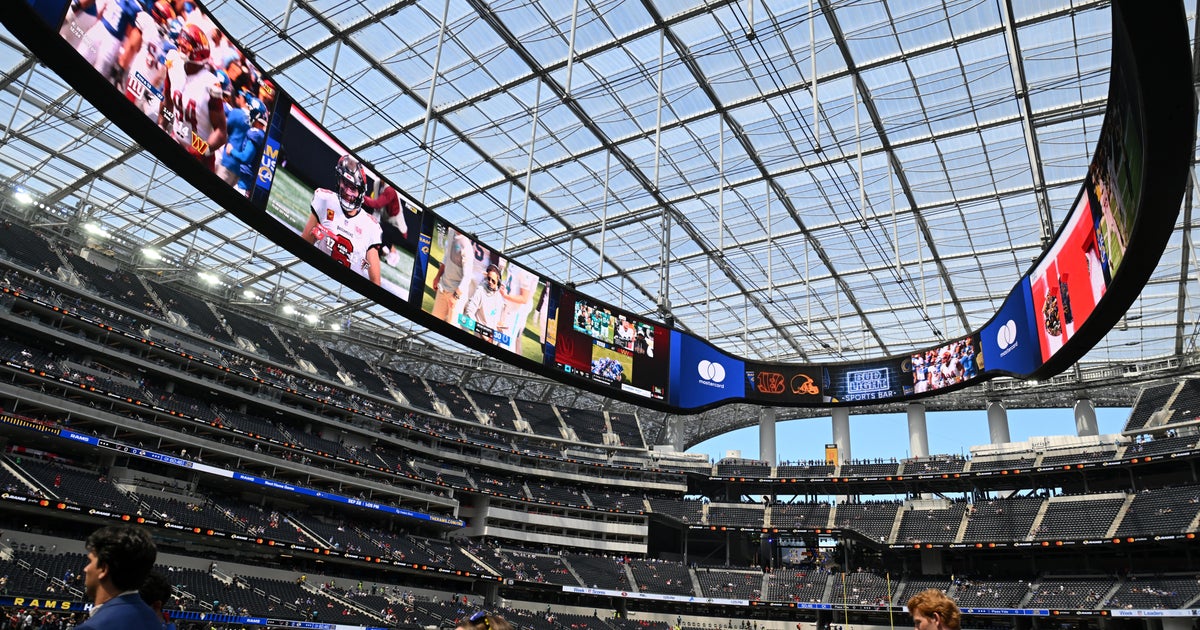Economic impact of 2026 World Cup will be monumental for North Texas
NORTH TEXAS - Some North Texas soccer fans were left disappointed Sunday by the news that the final match of the 2026 FIFA World Cup will not be played in their own backyard, instead, it will be played at New Jersey's MetLife Stadium.
"It was expected to be here, " said a Soccer Corner team member. "I just think it would be better here in Texas."
"I was upset because I was looking forward to going to it like being able to attend it," said 13-year-old soccer player Daniel Cervantes.
Soccer fans at the Soccer Corner store in Arlington admit they were a little let down by the news.
"The excitement is still there," said Charlie Butler the manager of Soccer Corner. "But hearing rumors that the final might be here, [it] kind of gets your hopes up."
So why was AT&T Stadium passed over?
"Not being in the voting room of FIFA, maybe it was mass transit maybe it was the international city where New York is still considered the gateway," said Larry Lundy, the president of the Lundy Marketing Group.
But with nine World Cup Games still coming to Dallas, longtime Dallas sports marketing executive Larry Lundy says the economic impact of the World Cup here will still be monumental.
"If you're a local corporation and business you get nine bites out of the apple that's like nine superbowls coming to town," said Lundy.
Although the World Cup final match won't be held at AT&T Stadium just 15 minutes away from Soccer Corner's Arlington location, manager Charlie Butler is still looking forward to the boost in sales the World Cup will bring.
"It's huge, obviously, I don't know numbers but globally it totally eclipses the Super Bowl," said Butler. They already have plans to boost staffing and stock up on team gear.
"It's gonna be huge finding out which teams are playing here to make sure that we have product for those teams," said Butler.
According to US Soccer, host cities can expect to rake in 90 to 480 million dollars in economic impact.
"There's gonna be multiple opportunities not only for our hotels and our restaurants but for the average business," said Lundy.
But a study of the economic impact of the 1994 World Cup held in the United States found that while the expected economic impact for Dallas was 197 million dollars the World Cup only generated about 123 million dollars for the city.
"I think the world has changed since 1994, there was no social media in 1994, so everybody posting from Dallas the impact of Dallas it's gonna be much bigger," said Lundy.







